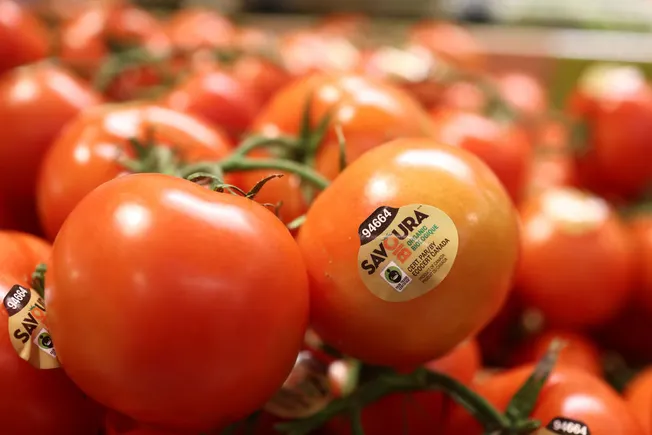Key Points:
- The U.S. has imposed a 17.09% import duty on tomatoes from Mexico after ending a 2019 agreement that suspended the antidumping levy, according to the Commerce Department.
- The duty is based on the percentage by which Mexican tomatoes have been sold in the U.S. at unfair prices.
- Commerce Secretary Howard Lutnick stated, “Mexico remains one of our greatest allies, but our farmers have been negatively impacted by unfair trade practices for too long. That changes today.”
Insight:
The reaction to the new tariff on Mexican tomato imports has been mixed. Mexico has been a major supplier of fresh tomatoes to the U.S., accounting for 90% to 93% of imports since 2015.
Mexico’s ministries of Economy and Agriculture have criticized the Trump administration’s actions as unfair and against the interests of both Mexican and U.S. producers.
They emphasized that the quality of Mexican tomatoes has driven their success in the U.S. market, rather than any unfair practices.
Negotiations between Mexico and the U.S. are ongoing, with hopes of suspending the duty in the future.
Some distributors, like Jaime Chamberlain of Chamberlain Distributing, have expressed concerns about the financial impact of the new duty on imported tomatoes.
While shifting to other sources is possible, the sheer volume of Mexican tomato imports to the U.S. makes it challenging to find suitable alternatives.
Representative Vern Buchanan and the Florida Tomato Exchange have supported the termination of the agreement, stating that it protects American farmers from unfair trade practices.
This decision is seen as a victory for American agriculture and a commitment to fair markets for domestic producers.
The U.S. has had multiple agreements related to tomato imports from Mexico since 1996, with the most recent one being in 2019.

